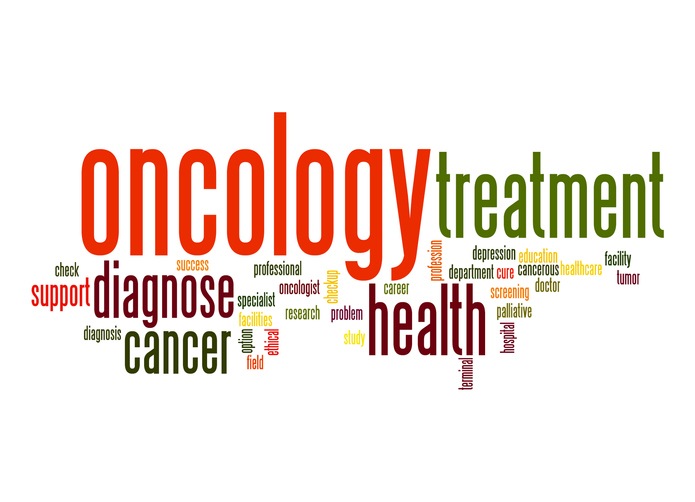
Psoriasis patients with VTE are at increased risk of cancer; researchers predict long-term survival in intestinal NHL using a novel nomogram; and more oncology news on featured this week on DocWire…
This Week: Intestinal NHL; Psoriasis and Cancer Risk; and More
Each week on DocWire News, editors bring you the latest in oncology news and cancer research. In case you missed it, here are this week’s top headlines:
- Nomogram May Help Predict Survival in Primary Intestinal NHL
- Breast Cancer Survivors Face Higher Risk for Hypertension, Diabetes
- Pandemic Having Major Impact on Pediatric Oncology Providers
- Risk for Cancer Increased After VTE for Patients With Psoriasis
Keep reading for the breakdown on these top stories.
RELATED: Last Week’s Round-Up: Amivantamab in Relapsed NSCLC, and More
Cancer Risk after VTE in Psoriasis Patients
For patients with psoriasis, the risk for cancer is increased at the time of or after venous thromboembolism (VTE), according to a research letter published in the British Journal of Dermatology.
Researchers compared the observed cancer incidence among patients with psoriasis and VTE to the expected incidence using Danish national cancer rates. The researchers identified 887 patients with VTE and a psoriasis diagnosis. Seventy-nine percent of the patients were older than 50 years, and 22 percent had a provoking factor (pregnancy, trauma/fracture, or surgery) within three months before diagnosis of VTE. During the study period, 145 cancers were observed. The absolute risk for overall cancer was 4.7 percent during the first year of follow-up, corresponding to a standardized incidence ratio (SIR) of 3.0. During the subsequent years of follow-up, the overall SIR decreased to 1.5. The associations were strongest for lung cancer, colorectal cancers, and non-Hodgkin lymphoma.
“At the time of VTE or in the first year afterwards, we found a clearly increased cancer risk in patients with psoriasis,” the authors wrote. “Comprehensive research has shown that extensive screening for occult cancer in patients with VTE in general will lead to a higher rate of cancer detection, but these strategies have not been associated with improved cancer related mortality.”
https://www.docwirenews.com/docwire-pick/hem-onc-picks/risk-for-cancer-increased-after-vte-for-patients-with-psoriasis/
Predicting Survival in Intestinal NHL
A nomogram can assist clinicians in predicting cancer-specific survival in patients with primary intestinal non-Hodgkin lymphoma (NHL), according to a study published in Cancer Management and Research.
Researchers developed and verified a novel nomogram to predict long-term cancer-specific survival in patients with primary intestinal NHL. Data for a training cohort of 2,372 intestinal NHL patients obtained from the Surveillance, Epidemiology, and End Results (SEER) database were analyzed. Five independent predictors were identified: age, marital status, Ann Arbor Stage, B symptoms, and histologic type. Using area under the receiver operating characteristic curve values, the prediction accuracy of the nomogram was higher than that of Ann Arbor Stage.
https://www.docwirenews.com/docwire-pick/hem-onc-picks/nomogram-may-help-predict-survival-in-primary-intestinal-nhl/
RELATED: Tisa-Cel Found Noninferior to Standard of Care in Relapsed/Refractory Aggressive B-Cell NHL
Hypertension, Diabetes in Breast Cancer Survivors
Women with, versus without, a history of breast cancer have a higher incidence of hypertension and diabetes up to 10 years following diagnosis, according to a study published in the Journal of Clinical Oncology.
Researchers matched (in a 1:5 ratio) 14,942 women with invasive breast cancer (diagnosed from 2005 to 2013) to noncancer controls based on birth year, race, and ethnicity. Rates of hypertension, diabetes, and dyslipidemia were compared by breast cancer status. Breast cancer cases had higher cumulative incidence rates of hypertension (10.9 versus 8.9 percent) and diabetes (2.1 versus 1.7 percent) after two years compared with controls, with higher diabetes incidence persisting after 10 years (9.3 versus 8.8 percent). Breast cancer cases had a higher risk for diabetes versus controls. Diabetes risk continued to be higher among cases treated with chemotherapy, left-sided radiation, or endocrine therapy. For cases receiving left-sided radiation or endocrine therapy, hypertension risk was higher.
https://www.docwirenews.com/docwire-pick/hem-onc-picks/breast-cancer-survivors-face-higher-risk-for-hypertension-diabetes/
Pandemic Impacts Pediatric Oncology Providers
The COVID-19 pandemic is having a profound impact on pediatric oncology health care providers (HCPs), according to a study published in Cancer.
Researchers conducted a 60-item survey, which focused on changes to clinical care, resources, and effects on clinicians due to the pandemic. A total of 311 responses from 213 institutions representing 79 countries were included.
The researchers found that 51 percent of the institutions cited decreased clinical staff availability as a major impact. Modifications to staffing included reduced provider availability (66 percent of institutions), changes to roles or responsibilities, and transfer outside the specialty. Frequent COVID-19 illness was a physical effect; HCP deaths were reported by 8 percent of respondents. Half of providers reported not having the necessary personal protective equipment. Psychological distress and financial concerns were also experienced by HCPs. The impact was more frequently seen on nurses than other HCPs. Across all hospital resource levels, impacts were reported, with staffing modifications more frequent in countries with a higher incidence of COVID-19 and higher mortality rates. Increased teamwork, communication, contributions outside usual roles, policies aimed at optimizing safety, and feeling that they were contributing stabilized the negative effects.
https://www.docwirenews.com/docwire-pick/hem-onc-picks/pandemic-having-major-impact-on-pediatric-oncology-providers/
Want to see more oncology news?
Check out last week’s Round-Up, and be sure to keep up with the latest oncology news and cancer research here on DocWire, updated daily!

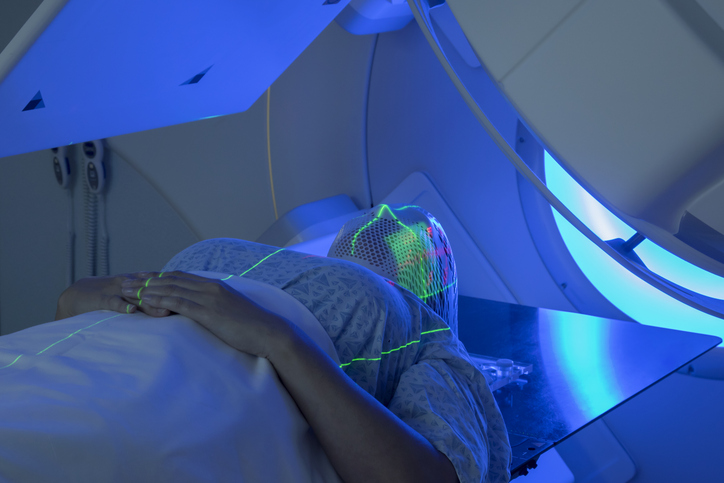
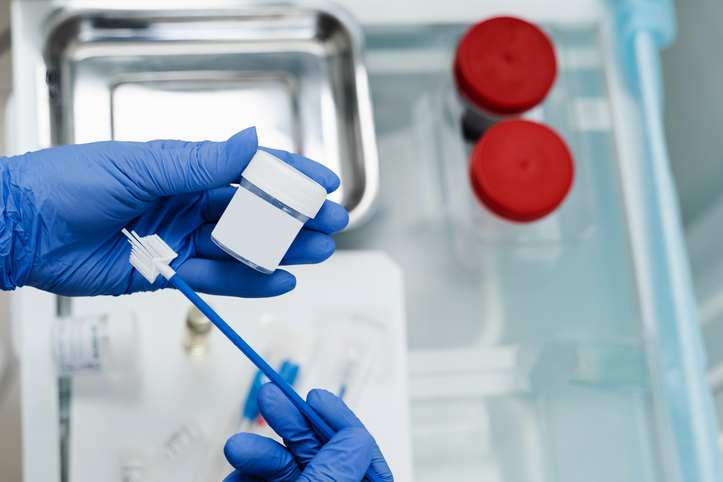
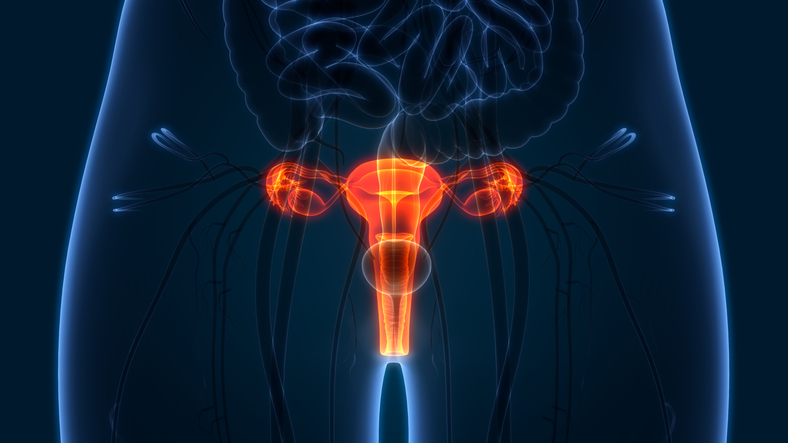

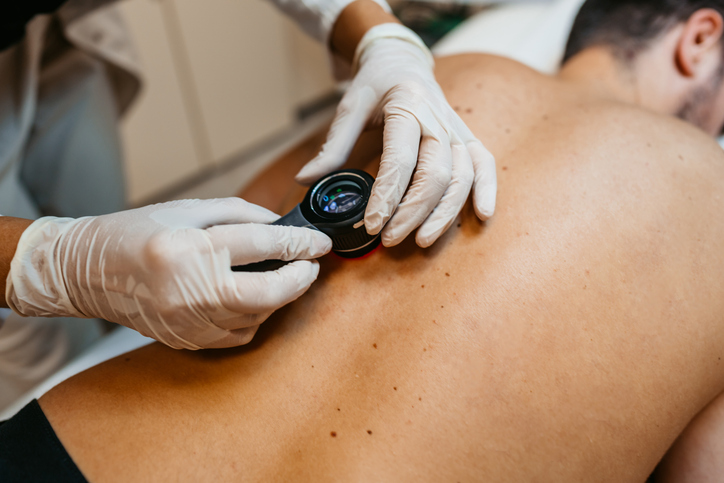

 © 2025 Mashup Media, LLC, a Formedics Property. All Rights Reserved.
© 2025 Mashup Media, LLC, a Formedics Property. All Rights Reserved.